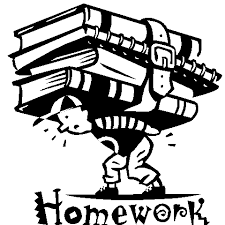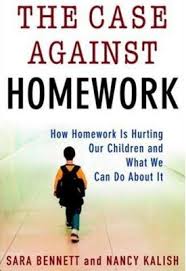The first day of school is daunting for even the most veteran of teacher… we, however, were nothing but newbies - student teachers soon to be thrown to the anticipating mobs of students. Wait, it wasn't that bad. We survived and are here to tell the tale: a tale of hardships and successes, of fun and distress. Together, Jamie Hoffmann and Will Verkamp, will tell our stories from North High School.
Jamie: Not wanting to be too overwhelmed on the first day of school, I decided to come before the start of school to the first faculty meeting. I was told to text Mrs. McCutchan when I entered the school and she would come and meet me. I stood nervously at the office knowing my relationship with my co-teacher could make or break my student teaching experience. After standing there for a minute or two, a perky tall brunette lady came walking up asking if there was anything she could help me with. I replied, “No thank you, I am just waiting on someone.” She smiled and walked into the office. As I watched her leave I noticed the back of her shirt, “McCutchan”. She was the teacher I was waiting for! I awkwardly chased after her into the office and the ice was broken from the laughter of the realization of who I was.
Soon after my student teaching began it was clear to both students and faculty that Mrs. McCutchan and I got along very well. Before long we were finishing each other sentences while co-teaching and enjoying our lunches with Mrs. Carraro. With these two powerful women by my side throughout my entire experience, my confidence level was high and my goals were set even higher.
Will: To say that I was more than a little apprehensive about student teaching would be the understatement of the century. Before my placement at North, I had mainly worked with younger grades and never for longer than a few hours at a time over the span of one semester. To think that I would soon be "in charge" of over 100 students seemed more than daunting. However, I decided to face my fears head-on and get comfortable as soon as possible. I too attended the faculty meeting prior to school starting where I learned that my co-teacher raised and bred snakes. Uneasiness level: unchanged.
As the semester progressed, though, my reptile-loving fellow educator did much to raise my confidence level and guide me along my journey. With a mixture of firmness and understanding, Mrs. Bartley led me through the myriad of both challenging and rewarding experiences that are inherently associated with co-teaching. She helped me when I struggled, and she never failed to make the experience at least a little more fun. Looking back, I find it hard to imagine that I was so worried that first day. I learned so much and look forward to one day passing on my newly gained knowledge.
Perhaps the most important part of student teaching was the relationship between student teacher and co-teacher. Working day in and day out with the same person would have been hard to do with clashing personalities. Every teacher at NHS treated us with respect valuing our input and ideas. We were both treated as teachers at NHS rather than student teachers though we both received the obligatory ribbing at certain events.
We were expected to attend SLC’s, PLC’s, open house, faculty meetings, and many other events that were expected of the staff at NHS. Through the SLC’s and PLC’s we developed the skills necessary to successfully collaborate with students' best interests in mind. The open house provided us with a chance to meet the parents of our students (and give our own parents a tour). Faculty meetings gave us an inside look at how the faculty is addressed in a school and the small aspects that we never realized before (like what procedures to take if Santa Switch is cancelled).
We both plan to continue our career path of education; thank goodness for that! Perhaps someday we’ll end up teaching back in the halls of North. Who knows? Maybe those poor co-teachers of ours will one day become our co-workers!
And now, here we are; over 16 weeks have passed since that first nerve-wracking day as student teachers. We may have our individual goals for the future, but we are both armed with the tricks and tools of the trade that we learned while at NHS. No matter where we end up, we will always carry Our Husky Pride.
- Jamie Hoffmann (Beth McCutchan’s student teacher)
- Will Verkamp (Christina Bartley’s student teacher)
.JPG)










